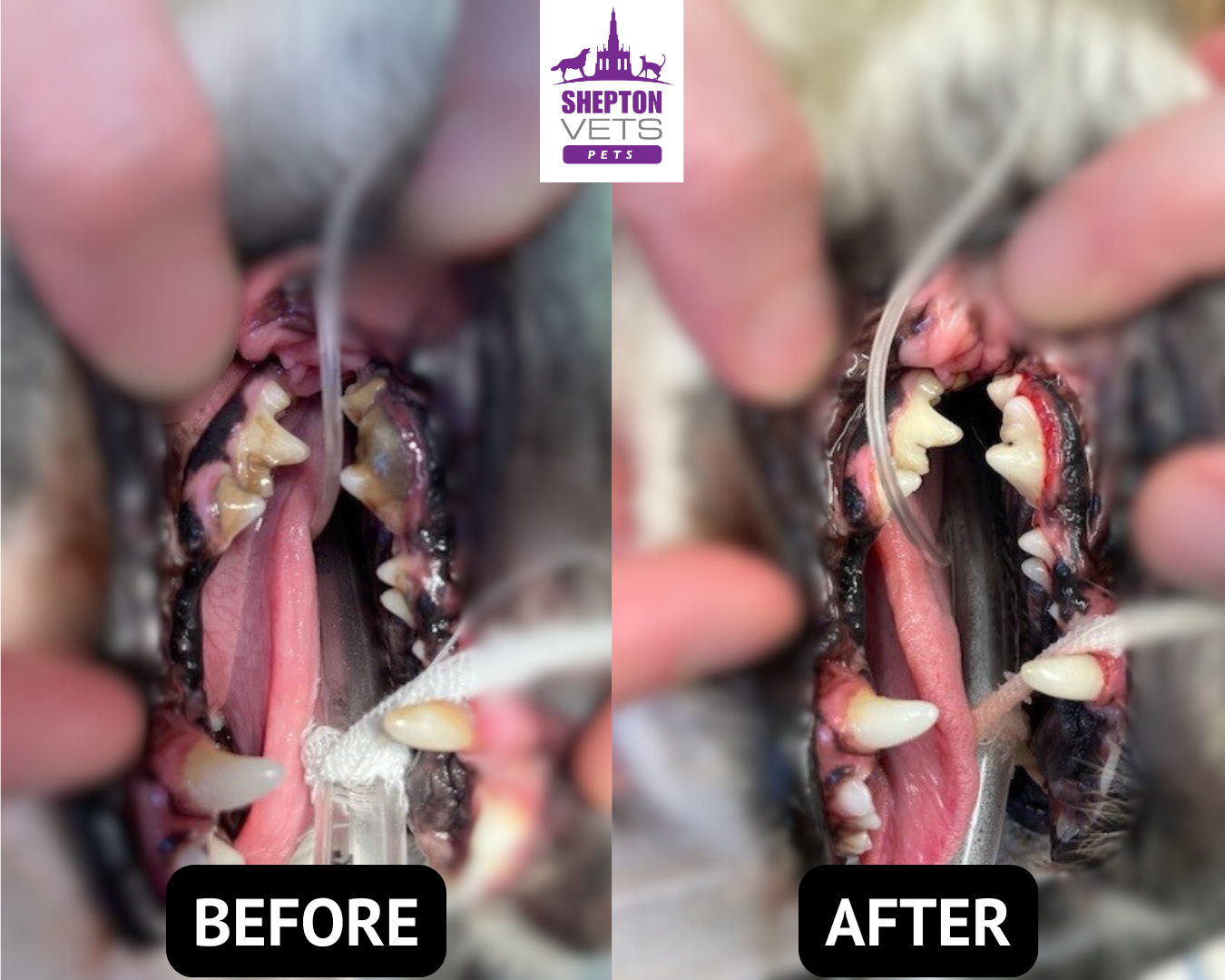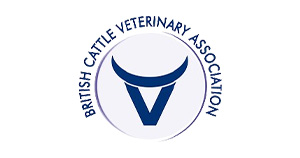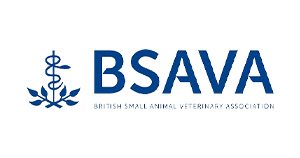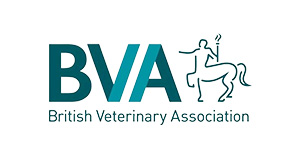Pet Dental Health Month – February
Our pet’s dental health is one of the most important, but also one of the most overlooked aspects of their care. Just like us, our pets can suffer from dental disease, and other issues surrounding their mouths, which can lead to pain and suffering for them. This can be helped, as in us humans, with regular dental hygiene, including brushing, chews, and other supplements, which can keep the teeth clear of tartar and stop the unwanted decay of the teeth and recession of the gums.
Signs and symptoms to look out for
Animals are amazing when it comes to eating and will only start to struggle once the dental disease is very advanced. Cats and dogs alike will still eat, even if they have teeth which are falling out due to dental decay. This means that regular checks, particularly when they are in for their vaccinations, are very important, to ensure that we catch any signs of issues. The first signs of dental disease, includes bead breath, swollen and inflamed gums and pawing at the mouth, finally they can start to mess around with their food, and even stop eating altogether.
Some individuals are more prone to dental disease than others, for example, we see much more decay in breeds such as greyhounds and Yorkshire terriers. Also, cats can suffer from diseases such as tooth resorption. This is where the tooth root, under the gums is broken down by the body causing severe gingivitis, which is inflammation of the gums. These cases usually present in younger cats and sometimes end up with the need to remove all the teeth, to ensure that the cat is not in unnecessary pain.
How you can help to look after you pet’s teeth
The first step of dental care is brushing; however, this is not always possible in some animals, particularly cats. Dental chews and treats are available, which help to remove the tartar from the teeth, as the animal chews. These are easy to use and generally our pets enjoy them, however they can be fattening. Other options include supplements on the normal food, and even kibble type foods, which are specifically formulated for oral health.
What we offer as vets
We can also have our pets in for an anaesthetic and scale and polish the teeth, to ensure that more severe dental disease is avoided, and tooth extractions are reduced. When we have dental disease which cannot be rectified with a scale and polish alone, we must proceed to a dental, where we will have a good look at the teeth, create a chart, which shows the level of tartar and gingivitis of each tooth, then decide which teeth need to be removed. Sometimes teeth can be removed with simple elevation of the gums, however, sometimes they need surgical extraction with a drill, removing some of the bone and allowing full removal of the roots.
Overall, our pet’s dental health is a vital aspect of overall health which should be regularly checked. This can be aided by establishing a good routine of brushing or chews and will inevitably improve not only our pet’s oral health, but also their overall health and wellbeing. This will lead to a happier/healthier and hopefully longer life!













